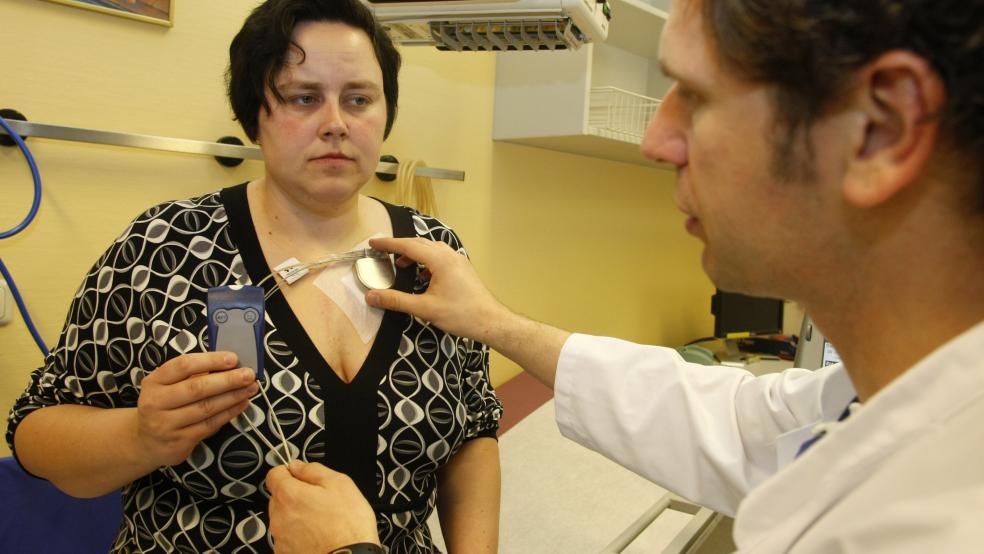What Happened: Another huge merger in the health care sector driven, at least in part, by tax considerations. Medtronic, the world’s largest stand-alone maker of medical devices, has agreed to buy rival Covidien for $42.9 billion in a cash-and-stock move that will also allow the company to lower its overall tax burden by officially incorporating in Ireland.
The combined entity — to be named Medtronic plc – will have 87,000 employees in more than 150 countries. It will continue to have operational headquarters in Minneapolis, but will shift its executive base to Ireland, where the main corporate tax rate is 12.5 percent, far lower than the 35 percent nominal corporate tax rate in the U.S. Covidien has U.S. headquarters in Mansfield, Mass. but has been officially domiciled in Ireland since 2009.
Why It Matters: The merger is yet another example of U.S. companies relocating their headquarters to countries with lower tax rates — a tactic known as “tax inversion.” More than 40 companies have officially moved abroad or developed plans to do so, including 14 since 2012, according to Bloomberg. Medtronic would be the biggest yet.
These types of deals have become especially popular among pharmaceutical companies that generate lots of sales in foreign countries and have sizable cash hoards overseas. Pfizer, for example, attempted a roughly $120 million takeover bid for AstraZeneca, but abandoned the deal after AstraZeneca denied its last offer.
In May, with tax inversion gaining increasing attention, Senator Carl Levin (D-MI) introduced the Stop Corporate Inversions Act of 2014, which would require foreign shareholders to own 50 percent of a newly formed company instead of 20 percent. The Medtronic deal could feed new calls for that type of tax reform, or a broader overhaul of the corporate tax code.
What It Means for the Companies: The acquisition isn’t all about taxes. “This acquisition will allow Medtronic to reach more patients, in more ways and in more places,” Omar Ishrak, chairman and CEO of Medtronic, said in a statement announcing the deal. “Our expertise and portfolio of services will allow us to serve our customers more efficiently and better address the demands of the current health care marketplace.”
Covidien produces a wide range of surgical supplies, from staplers to ventilators, while Medtronic produces medical devices serving two broad segments – the cardiac and vascular group and restorative therapies. The combined companies could be more of a one-stop supplier to hospitals.
“Medtronic has been looking to become a broader provider to hospitals,” Morningstar Senior Analyst Julie Stralow said. “By bringing in a dominant player in medical instrumentation like Covidien, it just becomes a better partner for those hospital clients.”
What It Means for You: Don’t expect this deal to directly reach consumers. Any changes will most likely be felt by hospitals, individual physicians and other health care providers. “Most of these products are not sold directly to consumers,” says Debbie Wang, Morningstar’s senior analyst for devices. “I expect that most hospitals will start to buy more and more of their products from fewer and fewer vendors. That’s part of what this deal is about. It’s going to be more efficient for the hospitals because they won’t have to spend as much time negotiating 100 contracts.”
Medtronic, though, emphasized in announcing the new deal that it was committed to continuing research and development investments in the U.S.: “As a direct benefit of the company’s new financial structure, Medtronic will commit to $10 billion in technology investments over the next 10 years in areas such as early stage venture capital investments, acquisitions and R&D in the U.S., above and beyond Medtronic’s and Covidien’s existing plans.”
Top Reads from the Fiscal Times:



